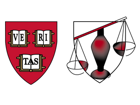Posts filed under 'radioberkman'
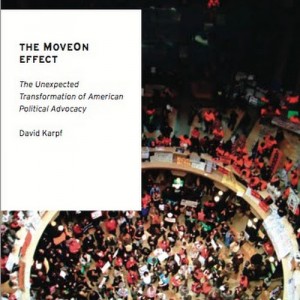 Listen: or download | …also in Ogg
Listen: or download | …also in Ogg
How have politically engaged organizations used the web to fundamentally change how people organize and engage politically? Why are left wing organizations more likely to succeed in organization online? Why are conservatives less funny than liberals?
David Karpf chronicles the dozens of Netroots political organizations, both progressive and conservative, that have sprouted up with the mass adoption of the internet in his new book The MoveOn Effect: The Unexpected Transformation of American Political Advocacy.
On this 2012 election-themed episode of Radio Berkman he speaks with our host David Weinberger about how these organizations are having an impact on politics.
Listen up! Comment on the show! Tweet us!

 Subscribe to Radio Berkman
Subscribe to Radio Berkman
(more…)
November 2nd, 2012
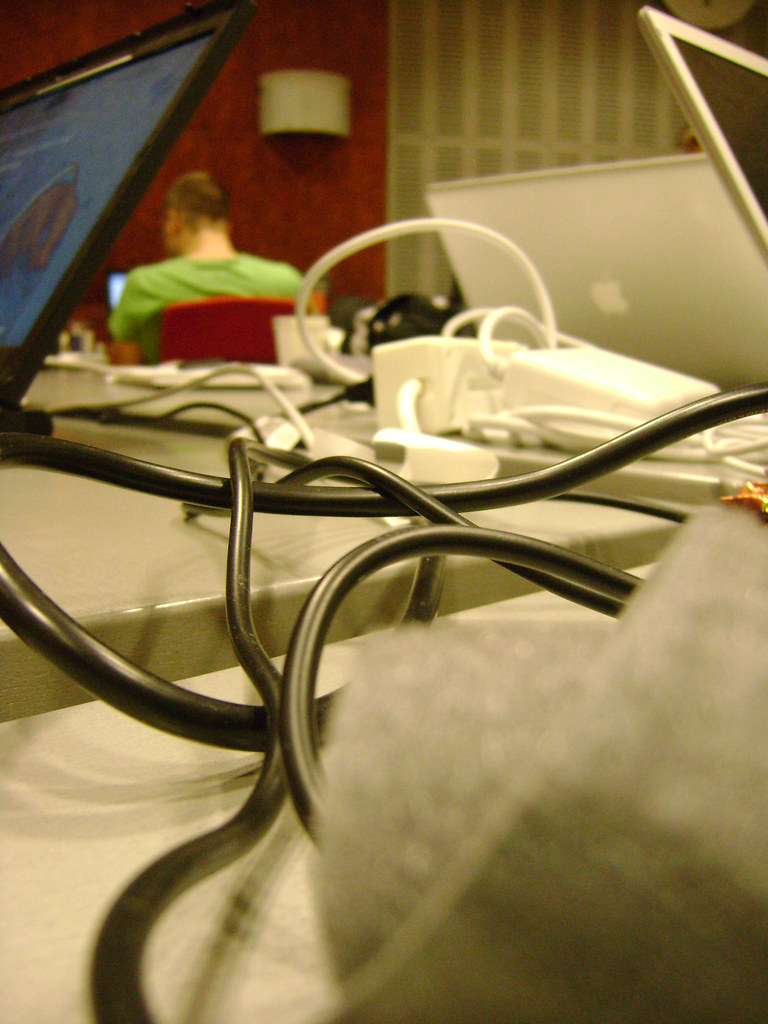
Listen: or download | …also in Ogg
The Internet exists and persists on the border between helpful and harmful, between freedom and totalitarianism, access to knowledge and censorship.
But as long as technology is adaptable activists will be learning and creating workarounds to spread information and promote change.
Enter the Circumvention Tools Hackfest, a four-day bonanza of coders and freedom lovers gathered together to build and improve applications to help activists in repressive regimes get around censorship and surveillance.
Correspondent Becky Kazansky attended the Hackfest to find out what kind of tools these “hackers” cooked up. As part of our new series — Drone Humanitarianism: Harnessing Technology to Remotely Solve and Prevent Crisis — she filed this report.
(Click to follow our Drone Humanitarianism series!)
Listen up! Comment on the show! Tweet us!

 Subscribe to Radio Berkman
Subscribe to Radio Berkman
(more…)
October 4th, 2012
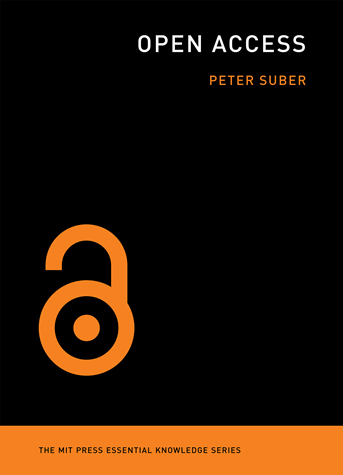
Listen: or download | …also in Ogg
Disseminating knowledge was once a costly undertaking. The expenses of printing, distributing, and housing the work of researchers and scholars left most research in the hands of publishers, journals, and institutions in a system that has evolved over centuries. And the licensing model that has arisen with that system butts heads with the quick, simple, and virtually free distribution system of the net.
The key to breaking free of the traditional licensing model locking up research is the promise of the “Open Access” movement. And the movement has already made significant strides. Over the summer the United Kingdom was enticed enough by the potential for greater innovation and growth of knowledge to propose Open Access for any research supported by government funds.
But Open Access still remains a wonky, hard to understand subject.
Today, Peter Suber — Director of the Harvard Open Access Project — shares insights with David Weinberger from his new guide to distilling Open Access, called simply Open Access.
Listen up! Comment on the show! Tweet us!

 Subscribe to Radio Berkman
Subscribe to Radio Berkman
(more…)
August 16th, 2012
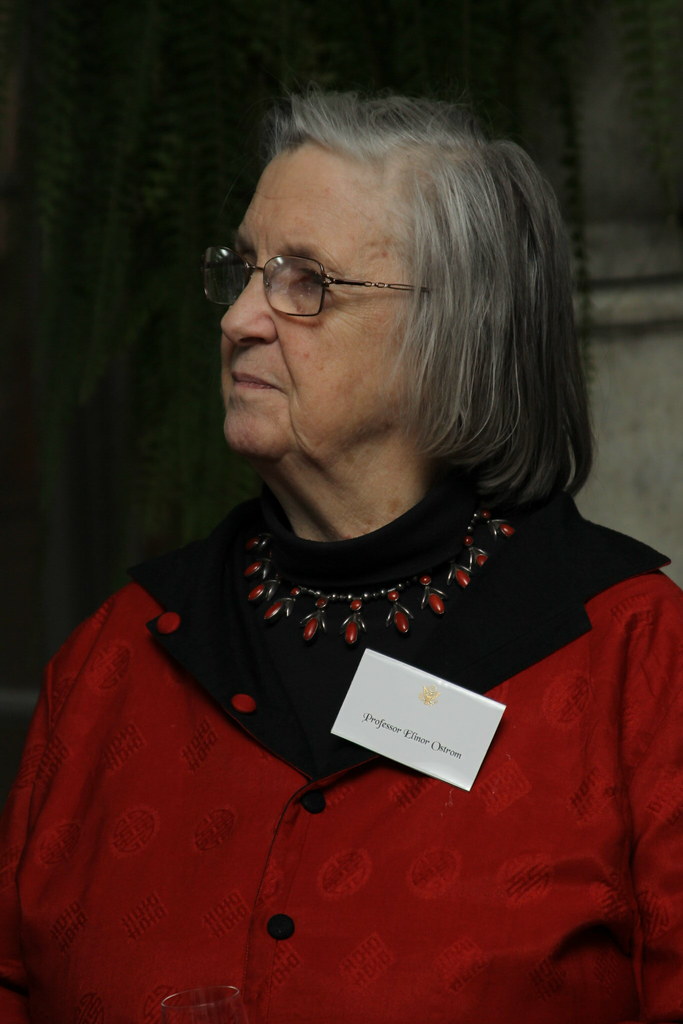
Listen: or download | …also in Ogg
Nobel Laureate and Economist Elinor Ostrom passed away last month at the age of 78.
Best recognized for her research into the management of common pool resources, Ostrom broke new ground with her findings that Commons were not inherently tragic, as previous generations of economists believed. In fact, Ostrom found examples of communities that could effectively manage limited resources, like agricultural land or open space, to prevent resource depletion.
Her work paved the way for researchers studying internet communities to explore how norms are established and cooperation is achieved.
On today’s show Berkman researchers and affiliates Benjamin Mako Hill, Judith Donath, Mayo Fuster Morell, and Oliver Goodenough discuss how Ostrom’s work impacted their lives.
Listen up! Comment on the show! Tweet us!

 Subscribe to Radio Berkman
Subscribe to Radio Berkman
(more…)
July 9th, 2012
 Listen: or download | …also in Ogg
Listen: or download | …also in Ogg
If you’ve ever experienced the problem of a dead cell phone battery and only incompatible chargers within reach, you’ve experienced one of the minor frustrations of a non-interoperable system. This frustration — not to mention the environmental waste of having dozens of different charger types for the same class of device — has led some countries to institute regulations for cell phone manufacturers to use a single common standard.
Such a structure is an example of an Interoperable System. And interoperable systems can range anywhere from relatively minor markets like mobile phone chargers, to massive infrastructures like smart energy grids or air traffic systems.
Friends of the show John Palfrey and Urs Gasser are the authors of the newly released Interop: The Promise and Perils of Highly Interconnected Systems. They spoke with David Weinberger about how Interoperability works, and how interoperable systems can lead to greater innovation, greater efficiency, and better functioning societies.
Listen up! Comment on the show! Tweet us!

 Subscribe to Radio Berkman
Subscribe to Radio Berkman
(more…)
June 14th, 2012

Listen: or download | …also in Ogg
Lots of digital ink has been spilled about how and whether digital technology played a critical role in bringing about the Arab Spring. But it’s been 18 months since the spark of revolution was first lit in Tunisia, way back in December of 2010.
How has digital technology played a role in laying the foundation for a stable Tunisia? Today’s guests were tasked with finding an answer to that question. And it turns out to be a very complex and interesting one, leading them to explore Tunisia’s communications infrastructure, Tunisia’s digital economy, and an increasingly technology-enabled civil society.
Zack Brisson and Kate Krontiris of Reboot are the authors of the recently completed TUNISIA: FROM REVOLUTIONS TO INSTITUTIONS.
Listen up! Comment on the show! Tweet us!

 Subscribe to Radio Berkman
Subscribe to Radio Berkman
(more…)
June 1st, 2012
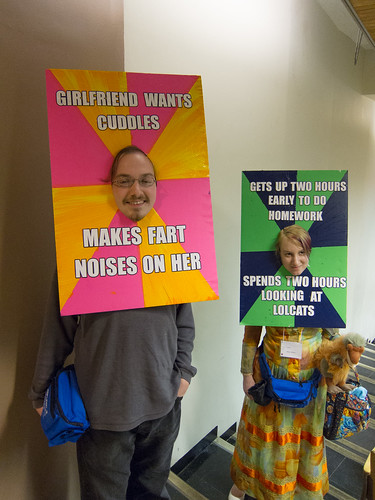
Listen: or download | …also in Ogg
Two weeks ago, the Berkman Center co-sponsored the third – and, we learned, final! – ROFLCon. For the n00bz, ROFLCon is a conference named after the acronym for “rolling on the floor, laughing” and devoted to celebrating internet culture. Friend of the Show Tim Hwang co-founded the event in 2008 when he and Christina Xu invited Tron Guy to Cambridge.
Both ROFLCon and internet culture have evolved since then, so we sent producer Frances Harlow on location to ask attendees, “What are memes, and do they really matter?”
Listen up! Comment on the show! Tweet us!

 Subscribe to Radio Berkman
Subscribe to Radio Berkman
(more…)
May 18th, 2012

Listen: or download | …also in Ogg
In today’s episode we wrap up our coverage of last week’s Rethink Music conference with a conversation between guest host Chris Bavitz and Kristin Thomson.
In addition to her work as community organizer, social policy researcher, entrepreneur and musician, Kristin is a consultant at the Future of Music Coalition, which recently unveiled the findings from its massive Artist Revenue Streams project designed to answer the question, “How are today’s musicians earning money?”
After interviewing more than eighty composers and performers, conducting a dozen financial case studies, and distributing an online survey to more than 5,000 musicians, the Future of Music Coalition has identified no less than 42 distinct revenue streams ranging from karaoke licensing to merchandise sales.
Friend of the show, Assistant Director of Harvard Law School’s Cyberlaw Clinic, and lecturer at Harvard Law School Chris asked Kristin about her research and its implications for contemporary musicians.
Listen up! Comment on the show! Tweet us!

 Subscribe to Radio Berkman
Subscribe to Radio Berkman
(more…)
May 4th, 2012
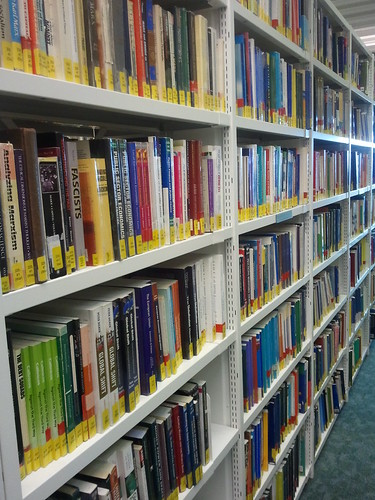
Listen: or download | …also in Ogg
The technological advancements of the past twenty years have rendered the future of the library as a physical space, at least, as uncertain as it has ever been.
The information that libraries were once built to house in the form of books and manuscripts can now be accessed in the purely digital realm, as evidenced by initiatives like the Digital Public Library of America, which convenes for the second time this Friday in San Francisco.
But libraries still have profound cultural significance, indicating that even if they are no longer necessary for storing books they will continue to exist in some altered form.
Radio Berkman host David Weinberger postulated in his book Too Big To Know that the book itself is no longer an appropriate knowledge container – it has been supplanted by the sprawling knowledge networks of the internet. The book’s subtitle is “Rethinking Knowledge Now That the Facts Aren’t the Facts, Experts Are Everywhere, and the Smartest Person in the Room Is the Room.”
Inspired by the work of Harvard Graduate School of Design students in Biblioteca 2: Library Test Kitchen – who spent the semester inventing and building library innovations ranging from nap carrels to curated collections displayed on book trucks to digital welcome mats – we turned the microphone around and had library expert Matthew Battles ask David, “When the smartest person in the room is the room, how do we design the room?”
Matthew Battles is the Managing Editor and Curatorial Practice Fellow at the Harvard metaLAB. He wrote Library: an Unquiet History and a biography of Harvard’s Widener Library.
David Weinberger is the author of Too Big To Know and a senior researcher at the Berkman Center. He is also the co-director of the Harvard Law School Library Lab.
Listen up! Comment on the show! Tweet us!

 Subscribe to Radio Berkman
Subscribe to Radio Berkman
(more…)
April 25th, 2012
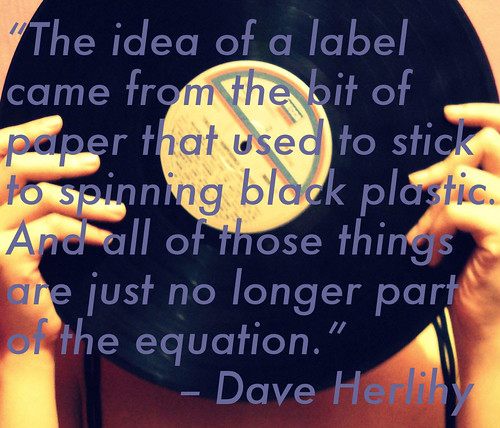
Listen: or download | …also in Ogg
Dave Herlihy currently teaches music industry classes at Northeastern University and operates his own practice specializing in entertainment law, intellectual property, copyright, trademark, licensing, and new media.
But twenty-five years ago he was the lead singer of O Positive, a Boston-area band poised on the brink of a major label record deal.
Friend of the show, Assistant Director of Harvard Law School’s Cyberlaw Clinic, and lecturer at Harvard Law School Chris Bavitz interviewed Dave about his band’s trajectory from being the “best band in the basement” to appearing on the Billboard charts (and what came after).
Dave also offers his insight into the role of record labels in the YouTube era, and how he would resolve media licensing issues if he were an enlightened despot, and how to get famous.
Listen up! Comment on the show! Tweet us!

 Subscribe to Radio Berkman
Subscribe to Radio Berkman
(more…)
April 19th, 2012
Next Posts
Previous Posts
 Listen: or download | …also in Ogg
Listen: or download | …also in Ogg![]()
![]() Subscribe to Radio Berkman
Subscribe to Radio Berkman


 Listen:
Listen: 




